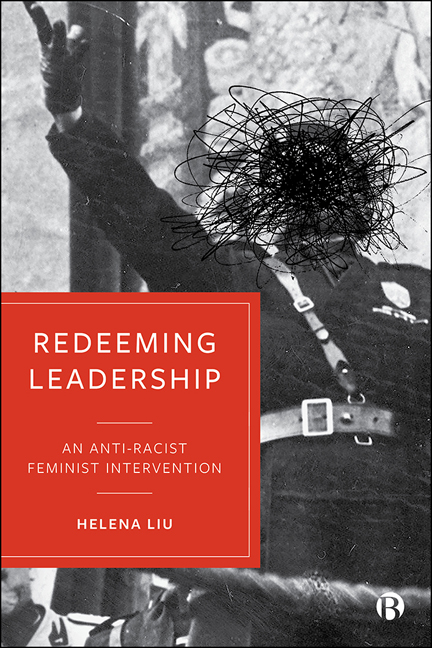5 - Anti-Racist Feminisms
Published online by Cambridge University Press: 23 February 2021
Summary
In Feminism Without Borders, Chandra Talpade Mohanty makes the call to challenge the dominance of Western feminisms, and build autonomous feminist communities that are geographically, historically and culturally based. Anti-racist feminisms represent a diverse, global set of movements that have variously sought to identify and challenge the interlocking systems of power that undergird our social and political institutions. Some of the theories cited in this chapter were developed decades ago and have been deconstructed and reconstructed many times over the years. Even more so than the previous chapters, this chapter relies on footnotes to explore the nuances of more complex ideas.
Known by many names over the years including multiracial feminism, decolonial feminism and women of colour feminisms, I choose the term ‘anti-racist feminisms’ in this book because it places the struggle against gender and racial oppression upfront. Anti-racist feminisms acknowledge the diverse interests, standpoints and intellectual traditions of Black, Indigenous, Latinx and Chicanx, Middle Eastern and Asian feminisms, and embrace a joint political interest in ‘[excavating] the silences and pathological appearances of a collectivity of women assigned as the “Other” ‘ as she is produced in Western systems of knowledge. Although anti-racist feminisms have pollinated diverse disciplines including legal studies, cultural studies, sociology, anthropology, history, and film and literature studies, they are scarcely known in leadership studies.
By drawing these complex, distinct and localized movements together, I do not mean to imply that they somehow can, or ought to be, reduced to a homogenous categorization. As I hope the following sections will show, I deliberately include a range of voices, some familiar and famed and others perhaps little known, expressing differing and even conflicting perspectives. For example, some of the Indigenous intellectuals I cite do not necessarily identify as feminists, preferring instead to theorize from the philosophical traditions of their own heritage. Nor do scholars who may be seen as ‘Black’ agree with this label and the fixedness it can imply. Blackness comprises distinct and uneven global positions within Africa and throughout the African/Black diaspora, so that women who may be incorporated into ‘Black’ feminism in Britain might be excluded from ‘Black’ feminism in the United States.
- Type
- Chapter
- Information
- Redeeming LeadershipAn Anti-Racist Feminist Intervention, pp. 103 - 124Publisher: Bristol University PressPrint publication year: 2020



